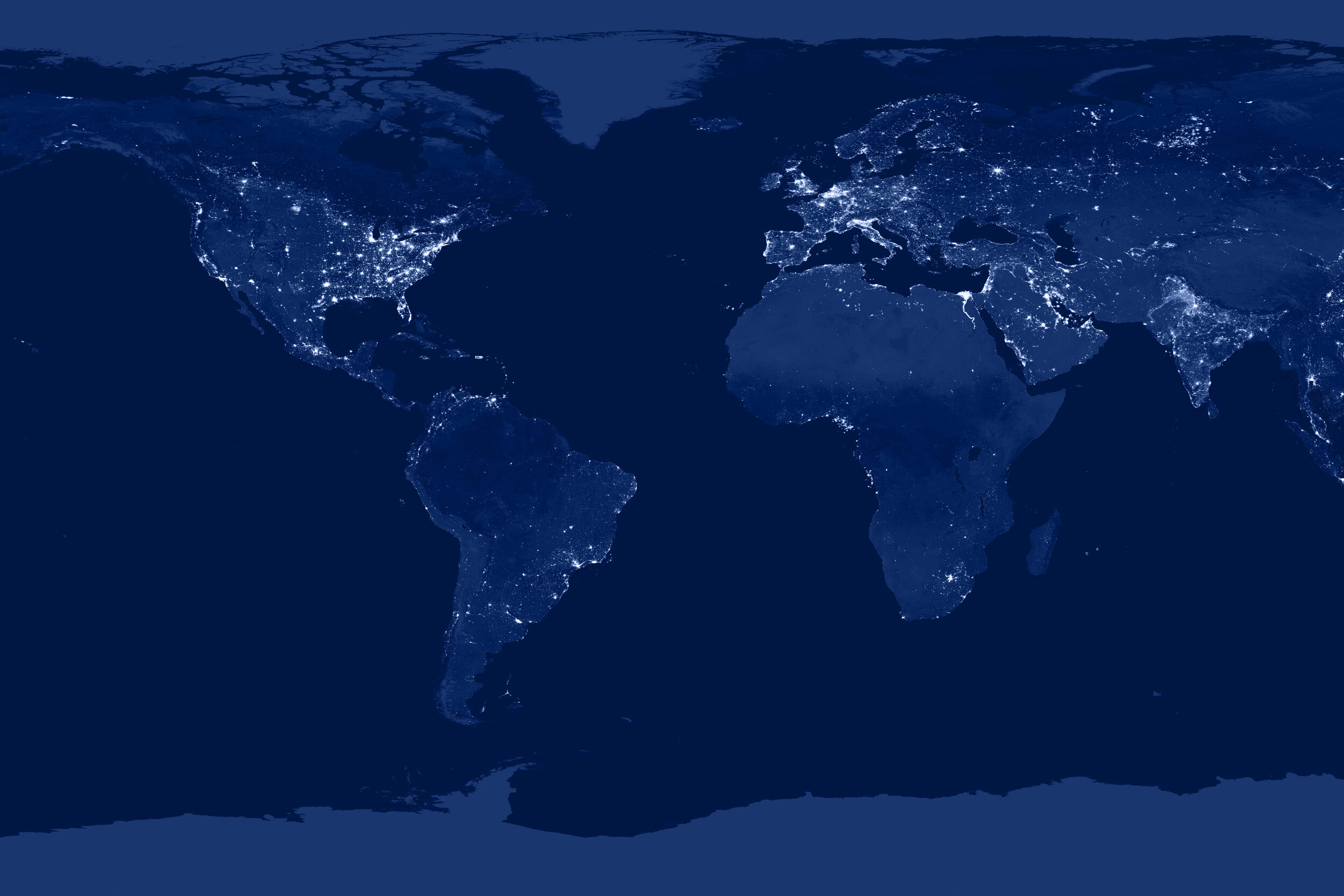
Partner With Us
We invite Canadian Institutions to partner with us to develop social impact leaders who collaborate with others to fully understand a challenge.
Why bring Map the System to your campus?
Map the System is a unique learning opportunity for students and educators interested in social or environmental systems change. Over the years, Map the System has proven to:
Encourage participants’ interest in becoming agents of change around social and environmental issues that they care about.
Provide new mindsets and tools with which to become more effective change agents; maximizing positive impacts and minimizing negative impacts.
Deepen understanding in participants’ chosen topics in ways that may lead to future impact.
Generate exposure to the systems mindset, improving participants’ analytical and communications capacity as citizens and ability to operate in increasingly complex professional and workplace contexts.
What is Map the System Canada?
In partnership with the Skoll Centre for Social Entrepreneurship, Map the System Canada provides an opportunity for Canadian students and educators to participate in the renowned Map the System competition at a national level. Participating institutions and students will get to connect with Canadians who are also working in systems thinking before going to the Global Map the System Final at the University of Oxford.
What support will partner institutions receive?
Each partner institution will be provided with:
A detailed partner toolkit that provides information and tools to organize Map the System at your campus.
Student mentorship from Map the System Canada
The chance to join a series of online webinars and virtual networking for educators at partner institutions around the world, to gather new ideas, answer questions, and share resources.
Access to a national network of systems educators
How it Works
Each year, universities and post-secondary institutions from across Canada partner with Map the System Canada and the Skoll Centre for Social Entrepreneurship at the Saïd Business School, University of Oxford to bring the Map the System to their students for a local edition of the competition.
With the support and tools provided by the Skoll Centre and the Institute for Community Prosperity, Educators from partner Canadian institutions will lead the implementation of Map the System on their campus and can choose to offer the competition to students either campus-wide or department specific. Institutions can also choose to incorporate Map the System into their for-credit curriculum or run it as an extracurricular program.
Affiliated students and recent graduates from all disciplines and levels can register to take part individually or as part of a team of up to 5 members and spend the next several months diving deep into a social or environmental topic they are passionate about.
Participants learn and utilise the principles of systems thinking as a guiding approach to understanding a complex social or environmental challenge and create visual systems maps as a means to articulate their findings in a way that people can meaningfully understand, share, and learn from – key skill sets for those interested in creating systemic and sustainable social or environmental change.
As part of the competition student teams will produce a set of submission materials. Submission materials have visual, oral and written components (see below for details).
Program Timeline
Program Timeline for Map the System 2025: Canadian Edition
Please note that dates may be subject to change.
September 15 - October 31, 2025
Institution Registration for Map the System 2026
Once registered, Educators at each partner institution will receive an information pack which includes a tool kit, program overview, judging criteria, and marketing assets for promotion to your students.
November 1, 2025 - January 31, 2026
Student Registration for Map the System 2026
All interested students and recent graduates from partner institutions can register to compete in Map the System 2026.
April 9, 2026
Final Submissions Deadline
Students have until 11:59 ET on April 9, 2026 to submit their final materials via an online form. By that date, they need to submit all Written Submission materials including; a visual system map(s), a written summary of their research, and a bibliography.
April 20 – May 1, 2026
Local Campus Finals
Each institution will select a campus winner using the Map the System evaluation criteria. Once selected, your institution’s winning team or individual will be invited to showcase their work at the Banff Systems Summit.
May 4 - June 19, 2026
Map the System Canada Coaching Days
Campus finalists will be paired with a Map the System Canada alumni and a systems thinking practitioner to help them revise their MTS submission before the global competition.
July 9 - 12, 2026
Map the System Global Finals in Oxford
Over the course of four days, competing teams will engage in a number of activities. Each team will have the opportunity to connect with renowned international judges and compete for prizes to be the top Map the System Team in 2026.
Student Submission Materials
1.Written Materials
Within the written materials teams must apply a systems approach to research. Written Submission Materials Include:
Visual systems map(s)
Written Systems Analysis (up to 3000 words)
Bibliography
2. Verbal Presentation
The presentation is the part of this competition that most closely mimics a pitch competition, but only insofar as participants are telling a story. It is less about persuading the judges, and more about impressing on them the depth of research and learning journey, as well as the ability to see connections, gaps, and potential levers of change.

